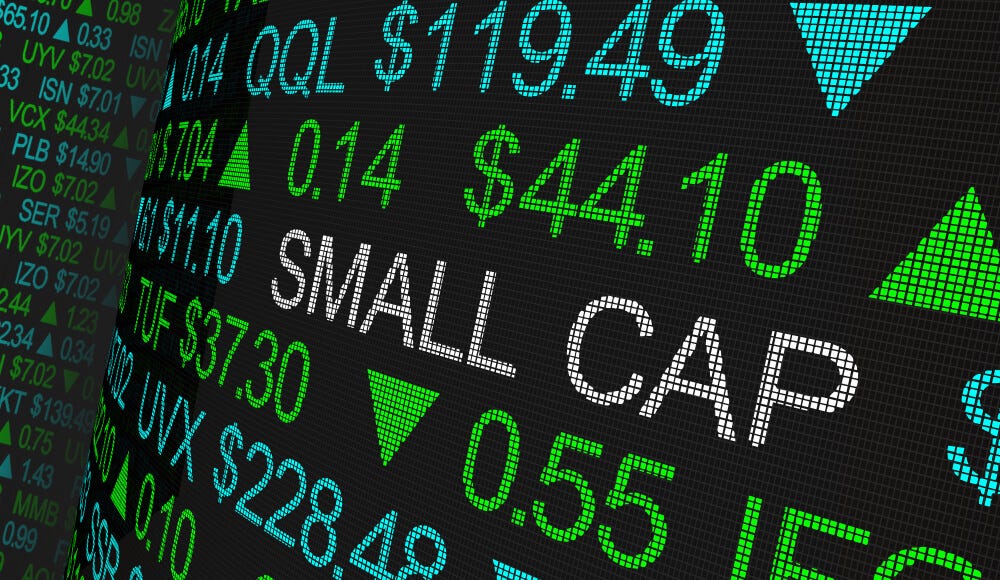Investing with Smaller Companies For Significant Growth
More Volatility could mean Greater Return??
Russell 2000 - Small Cap
The Russell 2000 began as an index created by the Frank Russell Company in 1984. It now includes the bottom two-thirds of companies listed in the Russell 3000 index. The Russell 2000 index comprises publicly traded companies that represent approximately 98% of the investable U.S. stock market.
Small-cap companies, especially those in the Russell 2000 index, that are often overlooked. Think about that local restaurant or unique store you love and adore; if they went public, you’d likely rush to invest. What company would that be right now?
Potential for Higher Returns: Less popular, potentially undervalued
Higher Growth Potential: Smaller companies have more room to grow
That’s the idea behind small-cap investing finding undervalued companies before they become everyone’s favorite. These are mostly start-ups that are risky and great for aggressive investors. Here, we use technical analysis to cut through the clutter, finding the best opportunities. Consider us the Shark Tank Investors in a way..
Volatility: A Double-Edged Sword
Volatility: Small-cap stocks are like rollercoasters - they can go up and down a lot. These are the startups and lesser-known companies that can experience sudden surges or drops. This makes them a great choice for investors who enjoy the thrill of market swings.
More activity aka volatility means more growth, but it can also mean a faster fall. This means overall more action to increase capital faster compared to the S&P 500.
Why Small-Caps Over Large-Caps?
Small-caps stocks are more volatile and have less liquidity. Large-cap offers a steady and consistent return, and they have less volatility.
Warren Buffet on owning small companies to get rich
Small-Cap Ideas + Dividend Bonus
Keep reading with a 7-day free trial
Subscribe to Holistic Traders to keep reading this post and get 7 days of free access to the full post archives.







